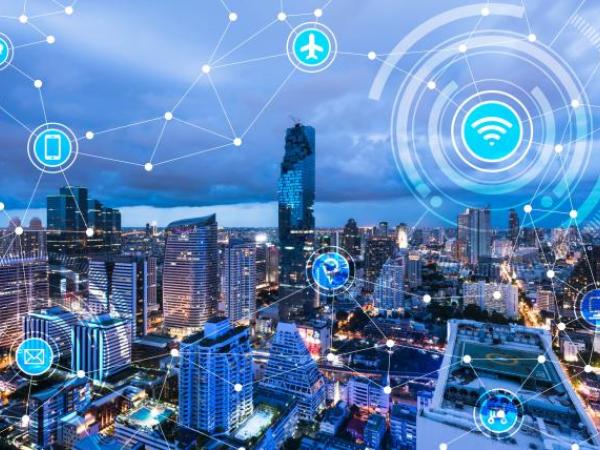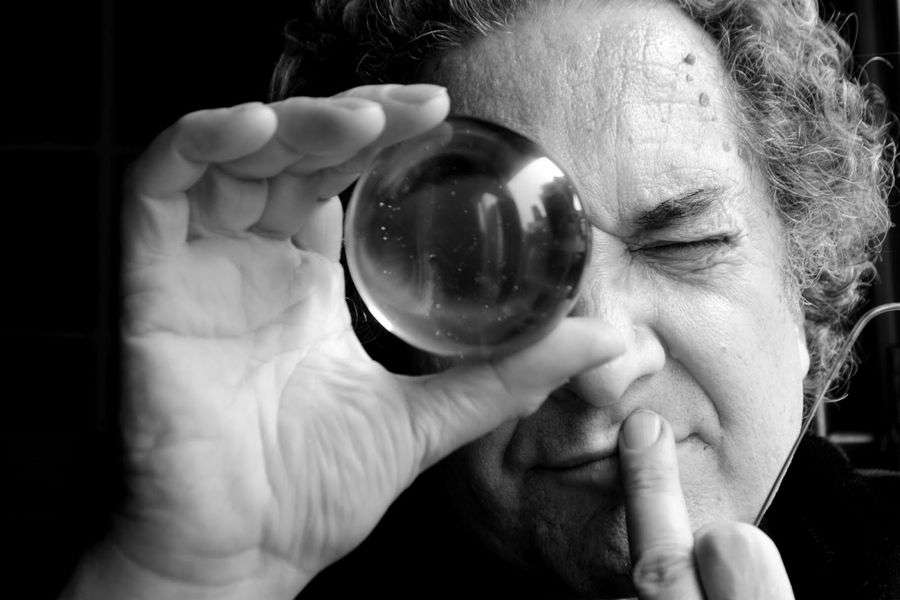‘Extinction Internet’ is a test of Professor Geert Lovink, from the Amsterdam University of Applied Sciences (Auas) and the University of Amsterdam, which sparked controversy by stating that Internet ‘doomsday’ is closer than we might think.
(See: These would be the most successful sectors to undertake in 2023).
The publication explains that the price users tend to pay for using the internet is increasingly higherwhich will become unpayable and the network will become an unviable medium. The cost, according to Lovink, is psychological.
“Even ‘normal’ users are increasingly having to pay a price for our heavy reliance on the Internet and our addiction to social media and apps.“, he specifies in his letter.
(See: The arrival of Petro would have increased participation in the Internet and networks).
And a psychological price in what sense? He says that this goes from the body dysmorphia (obsessive preoccupation with a self-perceived physical defect) and anxiety disorders suffered by many young people today to the widespread loss or decline of some cognitive functions as a result of technology.
“Certain critical functions of our brain are being outsourced. Our short-term memory is getting worse, and our attention is increasingly fragmented and directed in very specific ways.“, can be read in the investigation.
(See: What to do with social networks?).
For this reason, he believes that the internet is in the direction “towards a point of no return and, probably, the big technology companies are also already aware of this“.
As an example take Mark Zuckerberg, who is getting further and further away from the social media to get into the metaverse.
All this analysis is premised on asking if it is possible to fix the internet or if it is a lost cause. For Lovink, it is clear that the most sensible answer is the second: “People will start to shy away from technology“.
(See: The village where they take down the internet every day so that people can talk).
In addition, he questions that freedom of expression exists based on the increasingly strict control of what can or cannot be said on the Internet, taking into account the access of technology companies to the most personal data of users: “Our supposed freedom of expression no longer exists in reality. We are already starting to see signs that people are posting less and less about their opinions.”.
Mobile Internet
Thus, the conclusion reached by the expert is that it is possible that humanity gets bored of the network, or that he will put her aside for her own good, an optimistic scenario considering the disadvantages that he presents in this regard: “Different computer programs or other constructs could emerge that make us less dependent”.
TIME

















